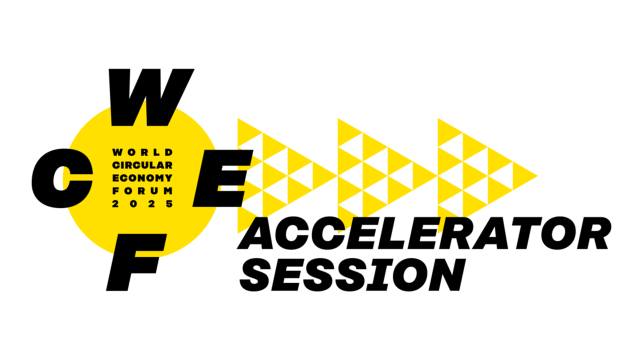What does 'clean innovation' mean for Canada?

The world is facing unprecedented and growing environmental challenges. At the same time, the pace of technological change to address those challenges is accelerating, offering both environmental solutions and economic opportunities.
Nations and businesses are seeking new ways of generating economic growth that put less strain on the planet. Achieving this means accelerating clean innovation – that is, new technologies, products and business practices that improve environmental performance.
Accelerating clean innovation across all sectors of the economy represents a two-pronged opportunity for Canada. It can help meet environmental commitments as well as secure competitive economic advantages that grow the economy and create jobs.
Highlights
- The global demand for clean innovation – new technologies, products and practices that improve environmental performance – is rapidly growing. Accelerating the pace of clean innovation in Canada is not only an important tool for meeting climate and environmental goals, it also represents a critical economic opportunity across all Canadian sectors.
- Canada’s cleantech sector can tap into a fast-growing global market that is expected to be worth as much as C$2.5 trillion by 2020. Resource and manufacturing sectors can also gain market advantage through clean innovation. For example, McKinsey estimates that improvements in energy and resource efficiency will represent a C$3.8 trillion economic opportunity by 2030.
- Entrepreneurs, researchers and investors generate clean innovation. But government has also played a key role in the development of almost every major new technology of the past century, from smart phones to the oil sands.
- Government action is needed to address the “knowledge spillover” market failure that results in an under-supply of new inventions generally. Clean innovation faces an additional market failure in the form of “environmental externalities” – because market prices do not reflect environmental harm, there is little economic reward for most pollution-reducing innovations.
- This double market failure, plus other barriers, means that government involvement is particularly important to catalyze clean innovation. But it must be done wisely, through targeted measures that reduce market uncertainty and unleash private initiative and investment to carry new technologies through to market.
To read the full report and see more details of its findings, please visit the Smart Prosperity Institute's website.


